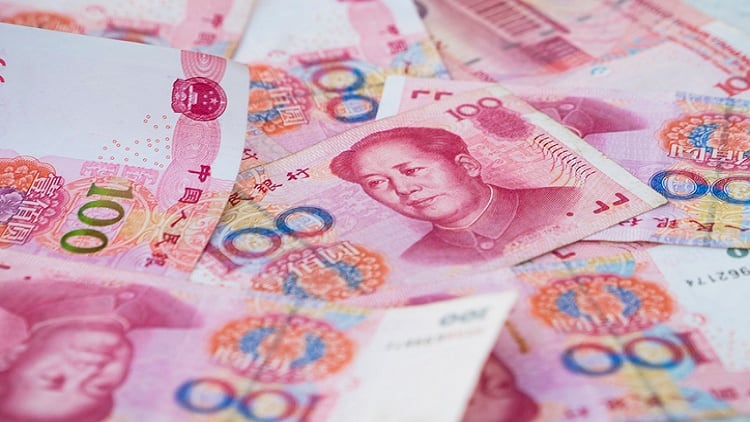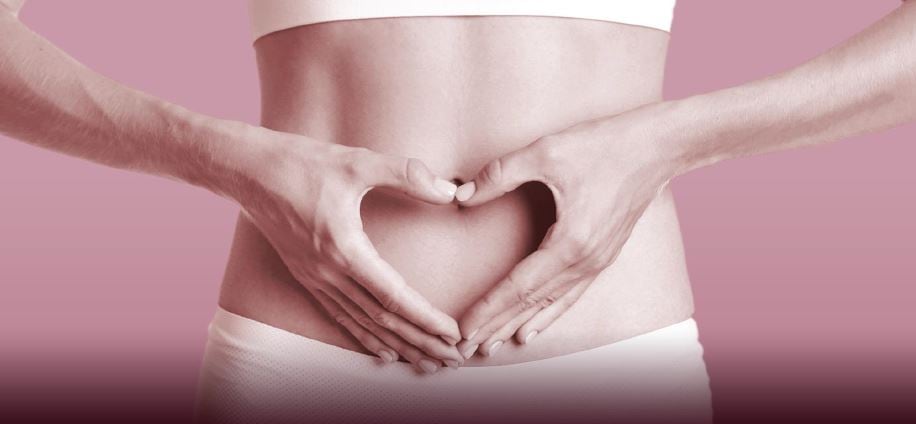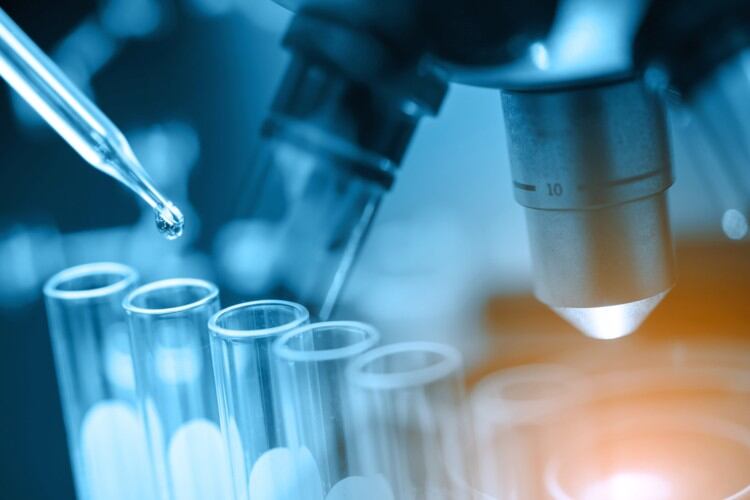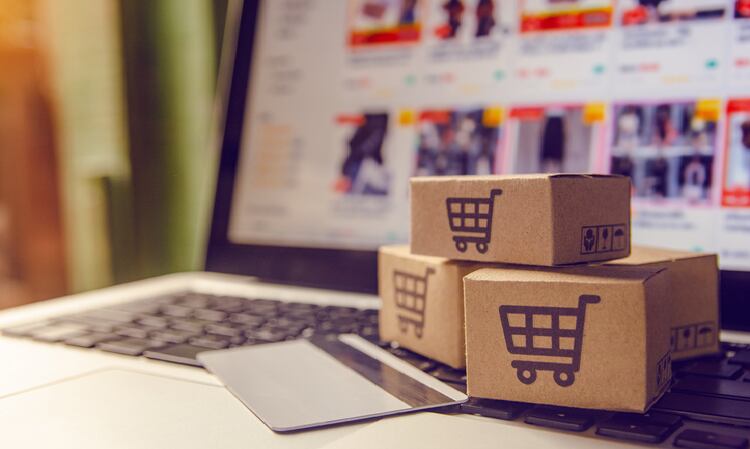From TCM, to vitamins, glucan, lactoferrin, and cordyceps, Chinese consumers have been purchasing a huge range of products as they seek to strengthen their immunity.
One of the firms seeing big financial gains is Shijiazhuang Yiling Pharmaceuticals. The firm had one of its TCM products – Lianhua Qingwen capsules – approved as part of China’s standard therapy for COVID-19 patients.
In its Q1 report, the firm reported that operating revenue had jumped 50.56% to reach RMB$2.33bn (US$329m) due to sales growth.
Profit attributable to shareholders was RMB$437m (US$61.8m), an increase of 51.88%.
The firm’s brand centre vice supervisor Yang San Ping told NutraIngredients-Asia that this was due to the booming sales of its Lianhua Qingwen products.
To meet soaring demand, the firm had even converting all its production lines into making the product from the end of January to early March.
Angel Yeast, which has a nutrition portfolio specialising in yeast-based health products, also saw its operating revenue grew 12.68% to reach RMB$2.05bn. (US$289m)
Profit attributable to shareholders was 28% higher to reach RMB$303m (US$42m).
Yeast and related processed products contributed most to the revenue gains with RMB$1.64bn (US$231m).
Total revenue from offline channels was RMB$142bn (US$201m) while that of online channel was RMB$594m (US$84m). The firm did not provide a breakdown on the changes in online and offline revenue as compared to Q1 last year.
Revenue down
Nutraceutical giant BY-HEALTH, however, reported operating revenue down 4.84% to RMB$1.49bn (US$211m).
It said that the revenue from same name flagship brand ‘BY-HEALTH’ had dropped 10.8% to RMB$92.4bn.
Bone health brand ‘Keylid’ also declined 10.5% to RMB$31.6bn. Acquired Australian brand ‘LifeSpace’ achieved RMB$40m in China.
The main consolation comes from sales growth in the online channels, where revenue went up 30.2%. In contrast, offline revenue dropped 12.3%, but it still contributed 80% of total revenues.
“In 2020 Q1, due to the outbreak of the novel coronavirus and its spread globally, the company’s distributors, suppliers, and retailers have all been impacted at different levels.
“As such, production, marketing and retail activities could not take place normally, and has affected the company’s operation to a certain degree”, BY-HEALTH said in its financial report.
Nutraceuticals contract manufacturer Sirio Pharma said operating revenue was down 6.61% yoy to RMB$358m (US$50.5m). Profits attributable to shareholders was however, up 36.66% to reach RMB$50m (USD$7m).
Due to a delay in work resumption at its Shandong HQ and Anhui facilities as well as a slowdown in logistics services, which hampered the transportation of raw ingredients and products, the company had expected a small decline in its operating revenue.
The company said that its production orders and manufacturing operations were still running well, but if the pandemic worsens, it might affect the firm's operations.
Reverse in fortune?
The COVID-19 outbreak has catalysed China’s nutraceutical industry recovery from 2019’s two greatest troubles – the ‘100-day operation’ and new e-commerce laws – Michelle Huang, analyst at RaboResearch Food & Agribusiness told NutraIngredients-Asia.
“COVID-19 is the catalyst for quick recovery from last year’s Quanjian scandal and the new e-commerce regulations which have negatively impacted the industry,” she said.
“I will expect the industry to slowly recover from next year if not for the COVID-19. The pandemic has sped the recovery process, especially for leading dietary supplements and milk formula brands.”
Earlier on, China Chamber of Commerce for Import and Export of Medicines and Health Products (CCCMPHIE) forecasted that the country’s imports and exports of health foods would remain the same as last year or even see a slight growth despite trade disruptions caused by COVID-19.
Still cautious
However, firms such as BY-HEALTH and a2 milk have adopted a more conservative stance.
BY-HEALTH said in its financial report that although the epidemic had come under control in China, the current situation, such as consumers’ intent to purchase, remained volatile.
In addition, there is the risk of the pandemic worsening in other countries. If the situation persists, this would affect the company’s ingredient sourcing, as well as its Australian subsidiary’s production and retail activities.
The a2 Milk company echoed the same view, commenting that COVID-19 has brought uncertainty to demand and supply chain.
Resuming delivery and logistics
China has been resuming its logistics activities.
Nearly 90% of the 3.5m retailers operating on e-commerce platforms have resumed business, Xinhua quoted Cai Yudong, a Ministry of Commerce official during a press conference on April 25.
Postal and courier firms also handled more than 200m parcels each day, which is back to the normal level.





